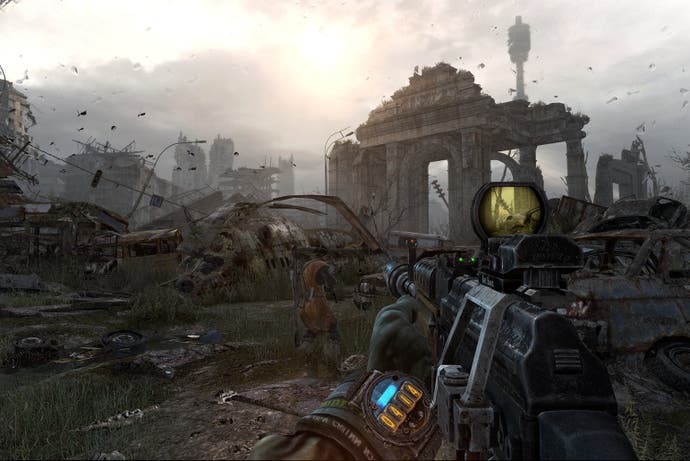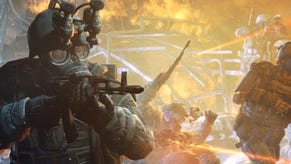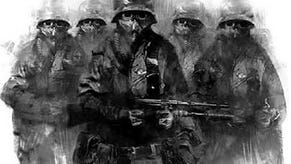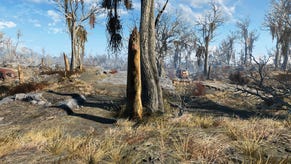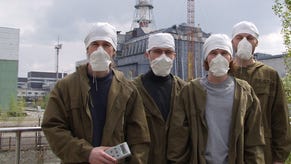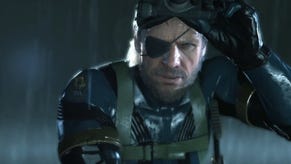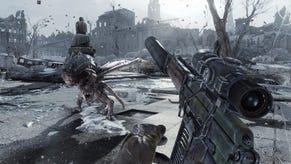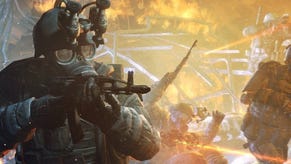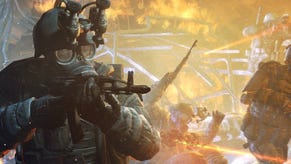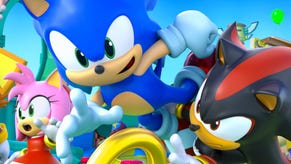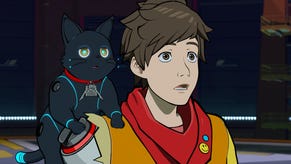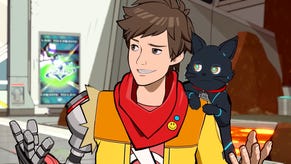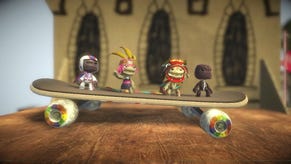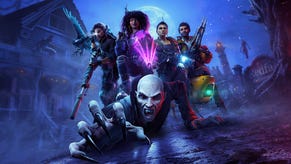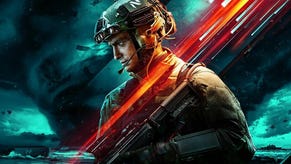Former THQ president reveals Metro dev's terrible work conditions
UPDATE: 4A creative director wades in.
Update: 4A Games creative director Andrew Prokhorov has responded, on GamesIndustry International, to Jason Rubin's account of Metro: Last Light's budget development, thanking him for his piece.
In the 10 years Prokhorov has worked with THQ - before 4A he was at GSC making S.T.A.L.K.E.R. - Rubin was apparently the only president to venture to the Ukraine to meet the team, which he did on his second week in charge (appointed in spring 2012). But by then it was too late to "somehow fix the situation", Prokhorov said.
"It is a fact that our work conditions are worse than those of other developers outside Ukraine. I don't think anyone can doubt that. Yes, it's true that American and most of European developers operate in a country far more comfortable than Ukraine, and yes, the publishers pay them more."
He called for Rubin not to blame Metro's new publisher Deep Silver/Koch for not putting 4A's logo on the game's website. It was a "harsh" situation the publisher inherited and there was a lot to do in two months.
Prokhorov challenged Rubin's remark about THQ producers wasting time trying to force multiplayer into the game. "We did want to make a multiplayer," he said. "Though if it was excluded from the start, a lot of precious time wouldn't be wasted and we'd make an even better single[-player]."
He concluded: "We deserve the ratings we get. After all, the final consumer doesn't care about our conditions. And this is RIGHT. We need no indulgence."
Original story: Former THQ president and Naughty Dog co-founder, Jason Rubin, has disclosed the terrible work conditions that Metro: Last Light's Ukrainian developer 4A Games endured while creating its post-apocalyptic shooter.
"The budget of Last Light is less than some of its competitors spend on cut scenes, a mere ten per cent of the budget of its biggest competitors," he said in a post submitted to GamesIndustry International. "Yet it is lauded for its story and atmosphere. It is built on a completely original and proprietary second-generation engine that competes with sequels that have stopped numbering themselves, with more engineers on their tech than 4A has on the entire project."
The budget was so tight that the office quarters left something to be desired, to say the least. "4A's staff sat on folding wedding chairs, literally elbow to elbow at card tables in what looks more like a packed grade school cafeteria than a development studio," Rubin stated.
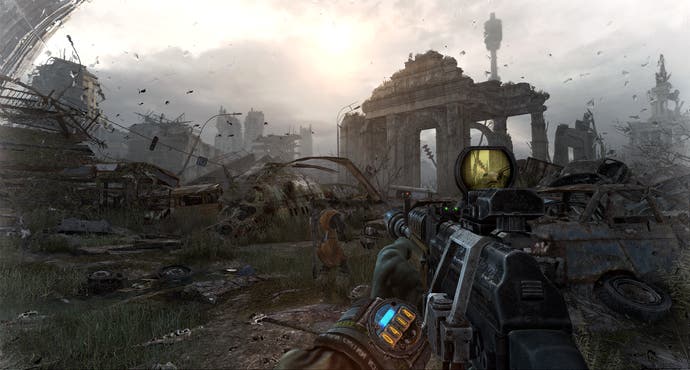
He said he tried to get the staff rolling Aeron office chairs, which Rubin perceived as "a fundamental human right in the west," but the office was too small to host a setup for such chairs, not to mention that the only way to get such chairs to Kiev was to smuggle them. "There were no outlets in the Ukraine, and our only option was to pack a truck in Poland and try to find an 'expediter' to help bribe its way down to Kiev," said Rubin.
This whole smuggling thing extends to more than just furniture, but hardware as well. "When 4A needed another dev kit, or high-end PC, or whatever, someone from 4A had to fly to the States and sneak it back to the Ukraine in a backpack lest it be 'seized' at the border by thieving customs officials."
Rubin also explained that power was unreliable and a few developers "had to bring in construction generators to be able to work the weekend before final submission because an extra day meant missing shelf dates by weeks." Nevermind the fact that 4A would have to work in freezing temperatures during these power outages.
He also noted that the hostile culture outside of work lead to many hardships. "One evening when [developer] Dean Sharpe arrived at his apartment after a long day at the office a dangerous looking Georgian man and his three-car armed entourage greeted him. Dean was told that, lease be damned, he had a day to clear out and find a new apartment."
"If 4A had been given a more competitive budget, in a saner environment, hadn't wasted a year-plus chasing the irrational requirement of THQ's original producers to fit multiplayer and co-op into the same deadline and budget, hadn't had to deal with the transition to a new publisher in the crucial few months before final, what could 4A have created?"
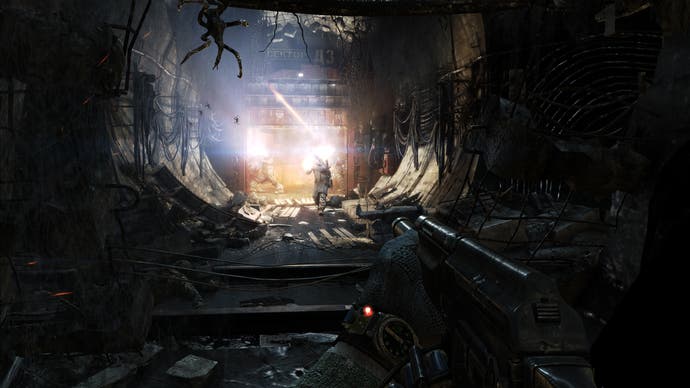
Rubin also called Metro: Last Light's new publisher Koch Media (aka Deep Silver) a "last minute publisher that doesn't see the upside in doing your team's publicity, [that] will conspire to keep an incredible story hidden."
Aubrey Norris, a current PR rep for Deep Silver, didn't take this accusation lightly. "I love when @Jason_Rubin runs his mouth about things at other companies he knows nothing about. Solid guy," she tweeted.
Rubin countered that, "A good place to start would be some mention of 4A on the http://enterthemetro.com website."
But Norris pointed out that Deep Silver merely inherited the site from THQ, which never featured the developer's logo to begin with. "We have barely had time to even get publisher logos switched on," she noted.
When Rubin asked if it really takes that long to put up a simple logo she explained, "When you have to find the four different companies involved with the website, and draft agreements, [it does] unfortunately."
Rubin concluded, "I think we know who is 'shooting their mouth off' now. Solid Company. I've made my point."
In other words...
